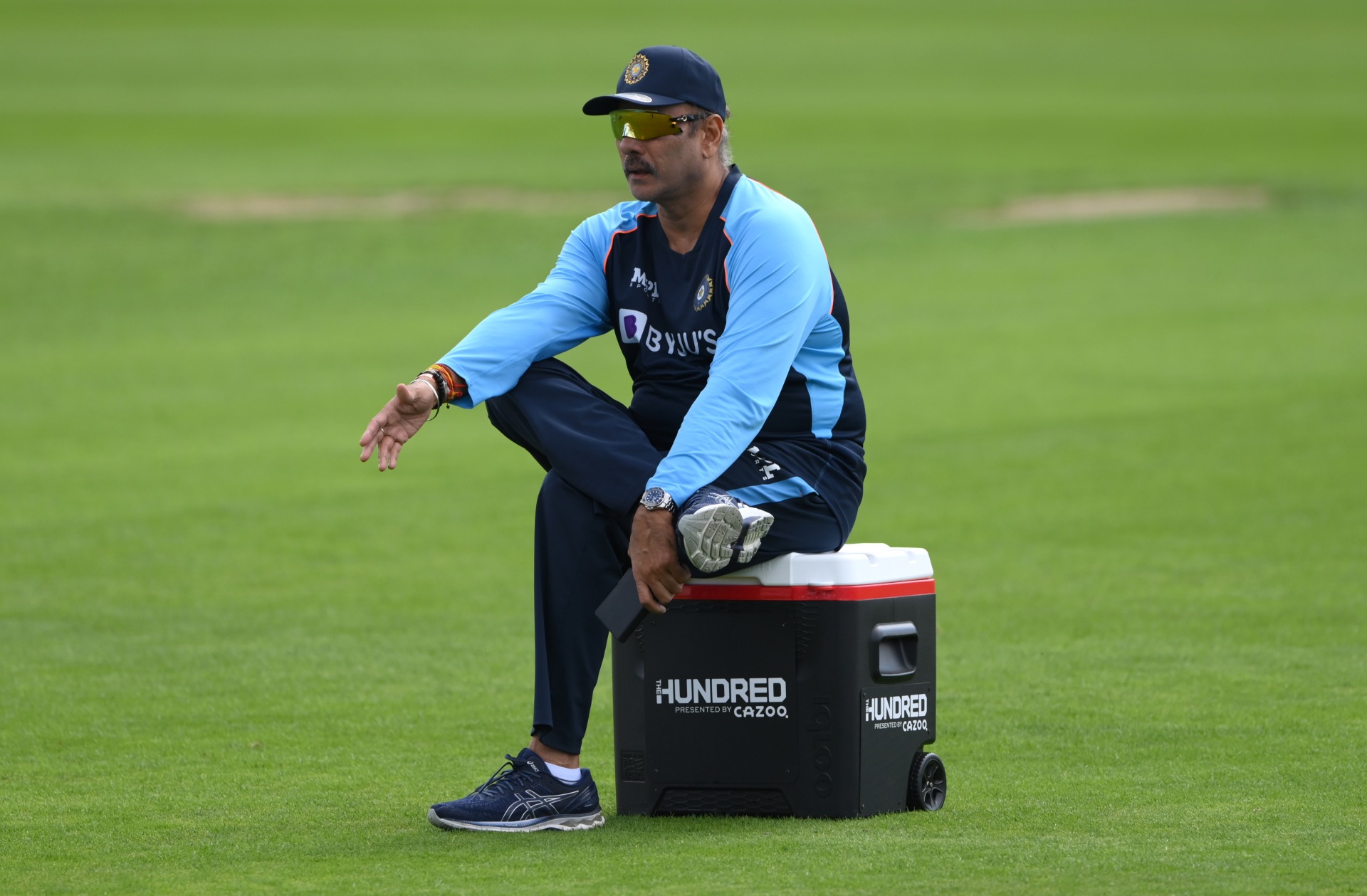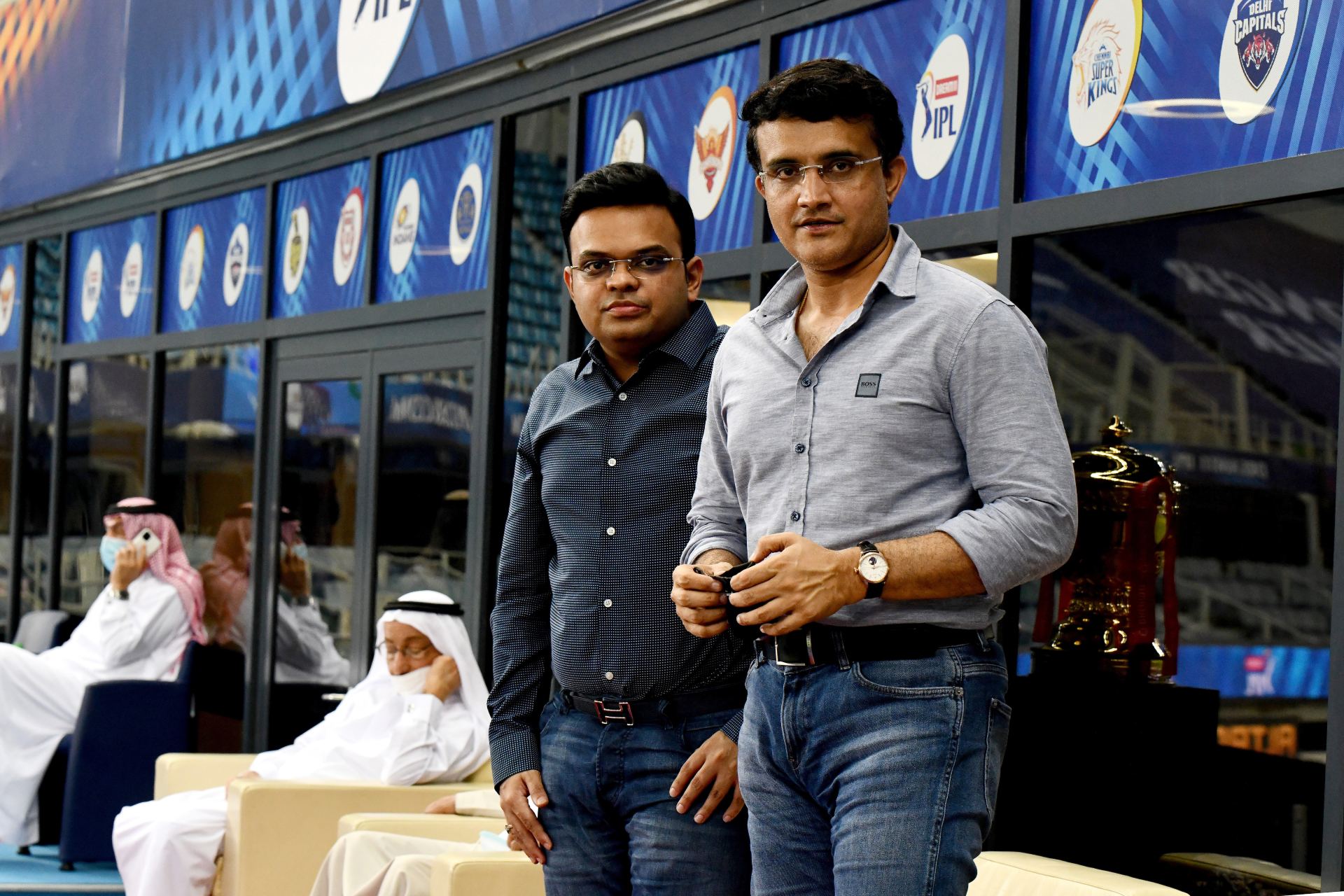 OPINION
OPINION“Across formats, I batted 604 times for India. I didn't cross 50 runs 410 times out of those innings. I failed a lot more times than I succeeded. I'm more a failure than a success, So, I'm quite qualified to talk about failure.”
Rahul Dravid, while delivering a speech at the GoSports Foundation’s annual Athletes Conclave in Bengaluru, made a very interesting point on sports and its fragility that often hits two pinnacles quite regularly. An Olympic medal or a World Cup win may eventually become the moment of glory but the legacy is not built on one sunny afternoon. It is years of hard work and many efforts being put together to build credibility that they could make it. At times, they have results to show for it. Many times, they don’t. But that’s how sports work. For every ecstasy, there’s heartbreak on the other side.
India’s unceremonious exit from the ICC T20 World Cup 2021 has brought up a lot of questions. They were the pre-tournament favourites alongside England. Also returning from the Indian Premier League (IPL) and a decent understanding of the UAE conditions, India were expected to make a lot of noise. Warm-up games further set the stage. As if New Zealand and Pakistan are some minnows, India were expected to top the group and take down the whole damn thing eventually. It didn’t happen. That’s okay.
There are many lessons that India can objectively take away from the tournament which will keep them in good stead in the next year’s event in Australia and raise the hopes of bringing home their second T20 World Cup trophy. From lack of batting cohesion at the top of the order to a worn-down batting display against spin are some of the glaring issues that dictated the course in the first two games. The new management, headed by Rahul Dravid, will have their task cut out in that regard from the New Zealand series, with another T20 World Cup less than a year away.

But as much as the cricketing reasons are to be blamed for India's exit, there is another elephant in the room that needs to be addressed as well. As Ravi Shastri mentioned in his last interview as the Indian Head Coach, the taxing schedule has been a deciding factor in the players failing to turn up. Indian players jumped from one bio-bubble to another and had no downtime to recharge themselves. The World Cup and the IPL final had two days of the gap, systematically kicking the Lodha Committee recommendations to a dirty pond, like many things this board has done in the last couple of years. Like Virat Kohli, Shastri didn’t hold himself back to call out the jam-packed schedule.
"The cricket itinerary is so packed that you can do only one thing at a time. At least they played some T20 cricket in the IPL - I just wish that the gap was a little more. That's not my job, it was already done. That's something I'm sure the administrators, not just from India [or] from BCCI, but from others around the globe who will also be looking at it - before big tournaments, to ensure that there is a little bit of a gap so that the guys are mentally fresh and ready to play."
That’s the commercial reality of the world we live in and Covid has probably accelerated the process. In the pretext of earning more, boards, not least BCCI, are treating the cricketers as guinea pigs and if those very sets of players fail to live up to the standard in a couple of games, their families are brought into discussion and no abuse are held back. How healthy is this relationship is open to discussion?

A couple of weeks ago, the BCCI sold two new IPL franchises for a massive sum of INR 12,715 crore, showing the kind of financial might that is hard to process. It is quite remarkable because the minimum bidding price set by the BCCI was INR 2000 crore. Thus there is no doubt that the brand recall value that IPL has at the moment, but if that makes the board blind to some real issues pertaining to Indian cricket, it is difficult to defend IPL as being the soft target for everything. There has to be a regulated calendar that makes sense at every level.
Sure enough, Covid had played a role in it and BCCI scrambled its way to finish it. With commitments to England and Wales Cricket Board (ECB), they had no other option but to host IPL just before the T20 World Cup. But that brings home the point, that in an era of unprecedented money, how fragile a board can be as far as their dependency on an event is concerned. Players have become the commodity to boost the board’s financial muscles.
Is there any light at the end of this tunnel? Perhaps, NO. The Indian team are scheduled to take on New Zealand a couple of days after the World Cup final is played in Dubai and will fly down to South Africa immediately before playing Sri Lanka and West Indies at home. It will continue to be challenging and how the team overcomes that not-so-ideal situation will be the key to lifting the trophy Down Under.